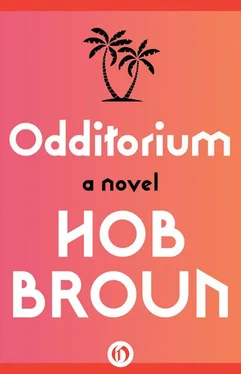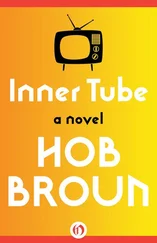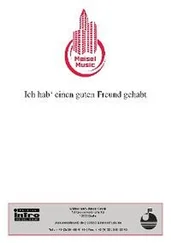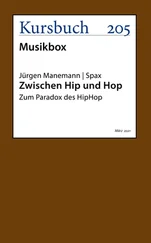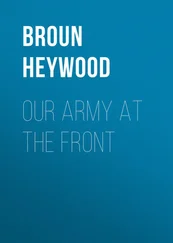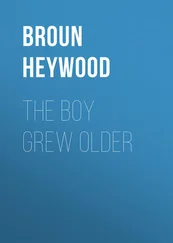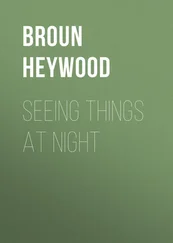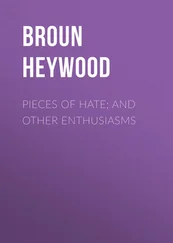“Which doesn’t leave you much room to operate.” Christo lowered a full spoon into his coffee, watched sugar granules turn brown.
“What can one do?” Milo studied his reflection in the napkin dispenser. “Ambivalence is a disease. All Catholics have it.”
Christo had other things bothering his mind, making his molars grind. So much for the cushioning distractions of Life on the Road. The Morocco thing just wouldn’t leave him alone, or he it. Even Pierce, to his ample surprise, had advised him to forget it, to chalk it up to experience or kismet and move on. But this seemed beyond him, an infection he could not shake. The money was one thing, that he could stand to lose; but to lose — all right, yes — his honor to that simpering hippie fool was intolerable. Ulrich with all his snotty lectures on protocol and attitudes, his cushy villa on the water and wife on the make, had simply hung him out to dry.
“Hey, Milo, do you believe in a just God?”
“I’m trying not to believe in any of that crap anymore. So don’t get me all dizzy on that metaphysical ether. It’s cruel, man, like giving a reformed alcoholic a fifth of Scotch on his birthday.”
“Sure, understood. What I mean is, do you think things balance out in the end? Take care of themselves?”
Milo flicked his paper-napkin bird off the end of the table; it nosedived to the floor. “Me either, comrade. Me either.”
Helpless and unshaped as Milo was, he had, if only by example, helped Christo to reach a decision. Unfinished business could finish you. Christo didn’t want to grope through summer and fall plagued by that “sense of noncompletion.” He’d make the return trip to Tangier and prove himself. He would see the stalled process through to its orderly end.
Destructively cerebral as Milo was, he had helped Christo to give revenge a fancy name.
“What things would you like to have?”
Milo looked startled. “Should I say peace on earth? An end to hunger? Why are you quizzing me this way?”
“No, no. Things. Household objects, appliances.”
“Things, yes. Well … I think it would be healthy for me to have a radio to keep the silence away. And for my body, I don’t know. Barbells? Or maybe a juicer so I could be sure and get my daily vitamins.”
“Now you’re talking. We’ll stop at a department store on the way to the train station.”
“Faust.” Milo shook his head. “This is reminding me of Faust.”
A passport, fresh underwear, pills and a pint of brandy (preventive medicine) — the needs of a traveling man are few. The New York weather was clear and calm, perfect for takeoffs, and Christo (a.k.a. Arno Bester) was eager to go.
“Mission improbable,” Pierce observed, making a grudging withdrawal from the petty cash drawer in his office. “A waste of time and energy like this puts my back up. It must be my New England heritage.”
“Fuck you and your heritage, too. This whole damn swindle may be a tax write-off to you, but it’s what my life is all about.”
“That’s your heritage, your conditioning. Same difference.”
“What does this have to do with growing up in half a dozen mining towns in Michigan and getting high before gym class?”
“It’s not for me to say.” Behind his impeccable desk, Pierce in blue blazer and tie looked ready to have his picture taken for Business Week . “But I hope you’re not in over your head. I don’t want to sound like an alarmist, but you might want to consider carrying some sort of weapon.”
Christo tapped his cranium. “This has been good enough so far.”
“Suit yourself. Just don’t forget to take the safety off.”
They had gimlets and changed the subject. Pierce had been shopping for a literary agent, with no luck up to this point.
“I want to do essays, social history, but nobody wants essays now. It’s a dead form, like chamber music or the sonnet.”
“Social history, huh? Right, you figure you can peddle your theories like you’ve been peddling dope. To a grateful public. Jesus, and you think I’m crazy for wanting to regain my self-respect?”
“I’ll match my delusions with yours any time, jazzbo.”
“Best of luck.”
“Same to you.”
They drained their glasses and parted without another word.
Christo walked round and round a small park near Casa Nocturne wondering how he could have come this far without evolving a plan. He’d wasted all his time on the plane thinking of Tomas in various states of humiliation; a series of disconnected images, coherent maybe, but like a pornographic collage, too trivial and predictable to inspire the brain. He’d left himself only one choice then: the tactic of no tactics. The hell with timing, the hell with fine points and the integrity of the performance — he’d just have to go in there and get it done. Geronimo!
But if you don’t simmer down, Christo warned himself, you’re liable to fuck up all over again. He waited a few minutes, chewing grass and tilting his face to the sun, then jogged downhill to the house.
Inge answered the bell in a rumpled bathrobe. Her hair was pinned up and she smelled of sleep.
“I couldn’t stay away.”
“Tomas is not here now.”
“So I’d hoped.”
“You lost your job?”
“It’s a long story.”
She shrugged and motioned him in. “I don’t try to understand things.”
“That’s the spirit, Inge. All men are liars. Old European proverb.”
Inge smiled and played with the dangling ends of the sash that held her robe closed. She hovered at the foot of the stairs, apparently undecided as to where to go. Her pupils were little black nailheads. She pulled the robe around herself more tightly and retied the sash. It was easy to see there was nothing underneath it. The breasts from which the entire family had drunk sagged halfway down her torso. Christo liked that; that Inge’s flesh should be as doughy as her self.
“I was sewing just now.” And she went up the stairs, leaving damp spots on the banister which Christo slid over with his own hand as he followed.
“You’re not afraid to be alone with me?” He brushed against her on the landing, drew knuckles over the soft knobs of her spine.
“You shouldn’t ask me,” she said indifferently, disappearing into a room down the hall, a cramped room with no windows.
Christo slithered through the open door, enjoying this game. Ironing board, sewing machine, bolts of fabric and cardboard boxes piled high — Inge’s little playroom. She picked up a long piece of orange velvet.
“I am just starting this. A vest for Tomas.”
“Nice color,” Christo said dryly. “Go ahead and work if you want. I won’t mind watching.”
She sighed. “No, I am interrupted now.” Laying the velvet across the ironing board, she smoothed it with her hands, picked off lint and bits of thread that weren’t there.
“You could show me the other rooms.”
“To see what?”
For a long minute they observed one another across an invisible frontier, Inge breathing through her mouth, fingers at rest now on the cloth and slightly curled. He noticed a brown speck on her upper lip, a crumb of food possibly, and this one compromising of her laundered paleness made his belly tighten. Her hands slid down the velvet, dropped at her sides. Otherwise, she was still as a mannequin and her eyes would not respond, not with scorn, desire, anticipation. She was like an ornament, a woman about whom other women would whisper.
“I can do you,” Christo said.
He crossed the frontier in two strides and came at her from the side. He pushed the loose hair back behind her ear, and his hand continued down the side of her neck, over her shoulder, followed the line of the collar down and down until he reached the knot, pulled it, and tore the robe open. Inge did not move, but made a noise like she’d been punched in the stomach. A warm draft rose from between her legs, a flowering scent of coastal mud. He jerked the robe off her shoulders, away from her arms, and except for a pair of heavy socks, she was all white radiating skin.
Читать дальше
